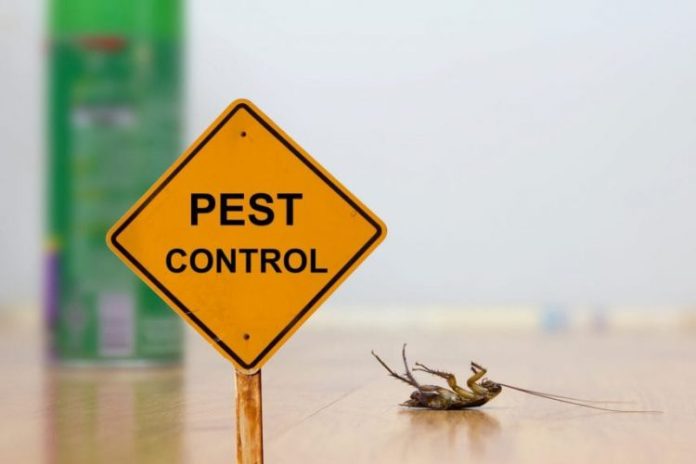Pests are among the top nuisances that everyone should eliminate and keep away from their homes. They not only cause discomfort but can also pose serious health risks and damage to property.
Unfortunately, eradicating pests requires more than just maintaining cleanliness. Even the tidiest homes can experience pest invasions, as some pests are attracted not only to dirt but also to warmth and available food sources. Understanding the behavior of different pests is crucial in managing and preventing infestations effectively.
Additionally, pests often gain access to our homes inadvertently through our belongings, especially when we travel or stay in hotels. This increases the risk of bringing unwanted critters back home. The natural reaction to seeing pests in our living spaces is to remove them immediately, and this urgency often leads people to resort to DIY pest control methods.
Adverse Effects of DIY Pest Control
With numerous insecticides readily available on grocery shelves, homeowners are often tempted to purchase over-the-counter pesticides without fully understanding the associated risks. While taking preventive measures is commendable, DIY pest control methods that involve applying chemicals inside homes—where children, pets, and other residents live—can be hazardous. Here’s why:
DIY Treatments Can Pose Health Hazards
One of the most significant risks of using home pesticides improperly is health hazards. Many people spray insecticides directly on pests without reading or following the instructions carefully. Some believe that applying more chemicals speeds up pest elimination, which is a dangerous misconception. Over-application can expose household members to toxic substances, contaminate food and water sources, and increase the risk of inhalation-related illnesses. Additionally, improperly used DIY pest control products, especially inflammable ones, have been known to cause accidental fires, resulting in property damage and injuries.
DIY Methods Can Be Harmful to the Environment
Each state enforces regulations surrounding the use of chemicals for pest control, especially when dealing with pests like bees and wasps. Licensed pest control professionals are trained to comply with these laws and apply treatments responsibly. DIY pest control can lead to environmental contamination, including water pollution from runoff and soil degradation affecting homegrown crops and vegetation. Seeking advice or assistance from certified experts can help minimize environmental impact and ensure safer pest removal.
Improper DIY Pest Control Can Cause Costly Damage
Using pest control methods incorrectly can exacerbate infestations and cause extensive damage, ultimately leading to higher repair and treatment costs. Professional pest control services, such as Bed bug removal, require specialized skills and licenses to address severe infestations safely and effectively. Relying on DIY solutions may delay proper treatment, resulting in escalated problems that are more expensive to fix.
When encountering serious pest issues or suspecting an infestation, it’s best to contact a licensed pest control professional. Experts can accurately assess the situation, determine the extent of the problem, and implement targeted treatments that minimize chemical usage and ensure safety for all household members. While some DIY approaches might provide temporary relief, they often only address symptoms rather than the source. Consulting a pest control expert before resorting to DIY methods is crucial for long-term, effective pest management.
If you’re interested in learning more about the latest pest control innovations and tips, explore our DIY pest control vs. professional Pest Control and visit our Pest control category for comprehensive information and professional guidance.
In recent years, advancements in pest control have embraced eco-friendly and integrated pest management (IPM) approaches that focus on sustainable solutions while minimizing chemical use. These methods include biological controls, habitat manipulation, and more precise application techniques, which reduce risks to human health and the environment. Engaging with pest control professionals who utilize these modern, environmentally conscious strategies can provide homeowners with safer and more effective protection against pests. Staying informed about these practices helps homeowners make better decisions and contributes to healthier living spaces and communities.

























